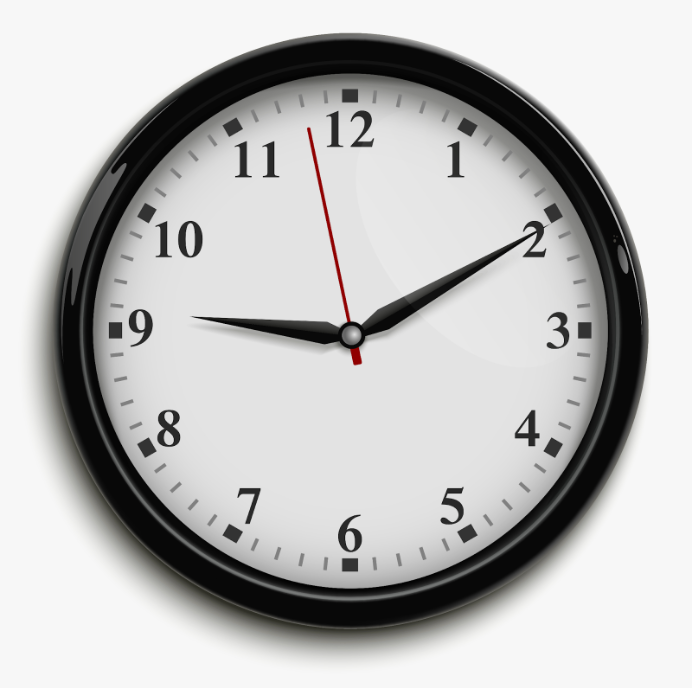In Defense Of Pt. 8: Journaling
- Kaya Long

- Apr 10, 2023
- 3 min read
I hear the grumbles and the eye rolls. Well I guess you can’t really hear eye rolls, but that’s besides the point. It seems like journaling is often overlooked as a preachy “self care” tip that has been increasingly promoted by social media in recent years. To me though, journaling is one of the most underrated habits and is far more than a popularized tip that is often scrolled past.
I first started journaling when I was 7 years-old because I thought it was something cool people did. Where did my comically underdeveloped 2nd grader brain get this notion from? Your guess is as good as mine. I filled that pink patterned Hello Kitty journal with everything that was important to my elementary school self. Gradually I started to journal more and more and soon enough, what started as a ploy to “be cool” turned into a habit—dare I say one that I don’t think I could live without.
Now, after a decade and nearly nine journals later, I’m here to defend journaling as one of the best self-help tools for processing thoughts/emotions and sowing personal growth.
First, let’s start with the unique way journaling enables you to confront and articulate what might initially feel like an enigma of emotions and thoughts in your head. Unlike poetry for example, journaling is an outlet free from the pressure of meeting any of your subconscious creative standards.
You have free rein to write everything and anything you want. Maybe you don’t know what to write or what you think or what you feel. That’s ok. Maybe you’re not feeling anything at all. That something to write about in of itself if you think about it. The key is to get your pen to start moving, and trust that it’ll be the catalyst that’ll spark a chain reaction of thoughts. Before you know it, you’ll zoom out to see a full page staring back at you.
Zooming back in, by its nature, journaling fundamentally forces you to create distance between you and your thoughts. This is a crucial distinction. Visibly seeing your experiences written down on paper gives you an invaluable shift in mindset. For me, it draws attention to incongruences between the story that I might be telling myself and the reality of the situation.
There is something indescribably gratifying and therapeutic about transcribing your feelings. Choosing to pick up a pen in the face of daunting emotions is an active rejection of passivity and a step towards processing those emotions and eventually accepting them. It is a subconscious indication to your brain that your feelings, however rational, are valid and real to you nonetheless.
Paradoxically, let’s say that as you’re writing you are simultaneously thinking that your feelings are irrational or confusing. Maybe you’re convinced that you’re actively failing to write coherent sentences and effectively articulate your thoughts and emotions. Chances are, if you go back and read what you wrote the next day you’ll be surprised to find that despite the chaos in your brain, the words on the page say it all. I have found that in times of distress we rarely give ourselves as much credit as we should.
And finally, on the topic of personal growth, it’s difficult to realize how far you’ve come without a reminder of where you’ve been. Journaling helps you remember—the good and the bad. Journaling is the world’s best time capsule. It’s indicative of what was important to you at that point in your life—the struggles you’ve endured, the fond memories you’ve made, and the experiences that have shaped you into the person you’ve become.
In short, journaling empowers you with the ability to confront your thoughts and emotions when sitting with them feels undurable. It can be as deep or as surface level as you want it to be. You can read what you wrote back or never look at it ever again. You can write when you’re at the top of the world. You can write when you’re at rock bottom. You can write it all. And best of all, it’s never too late to start.




Comments